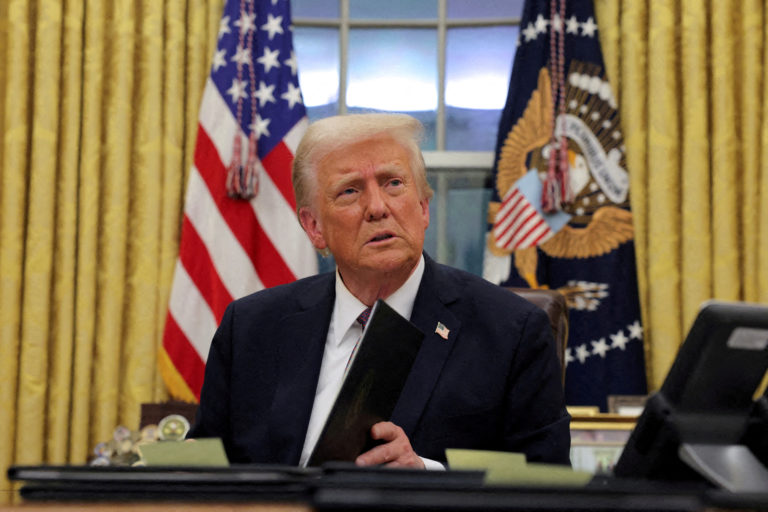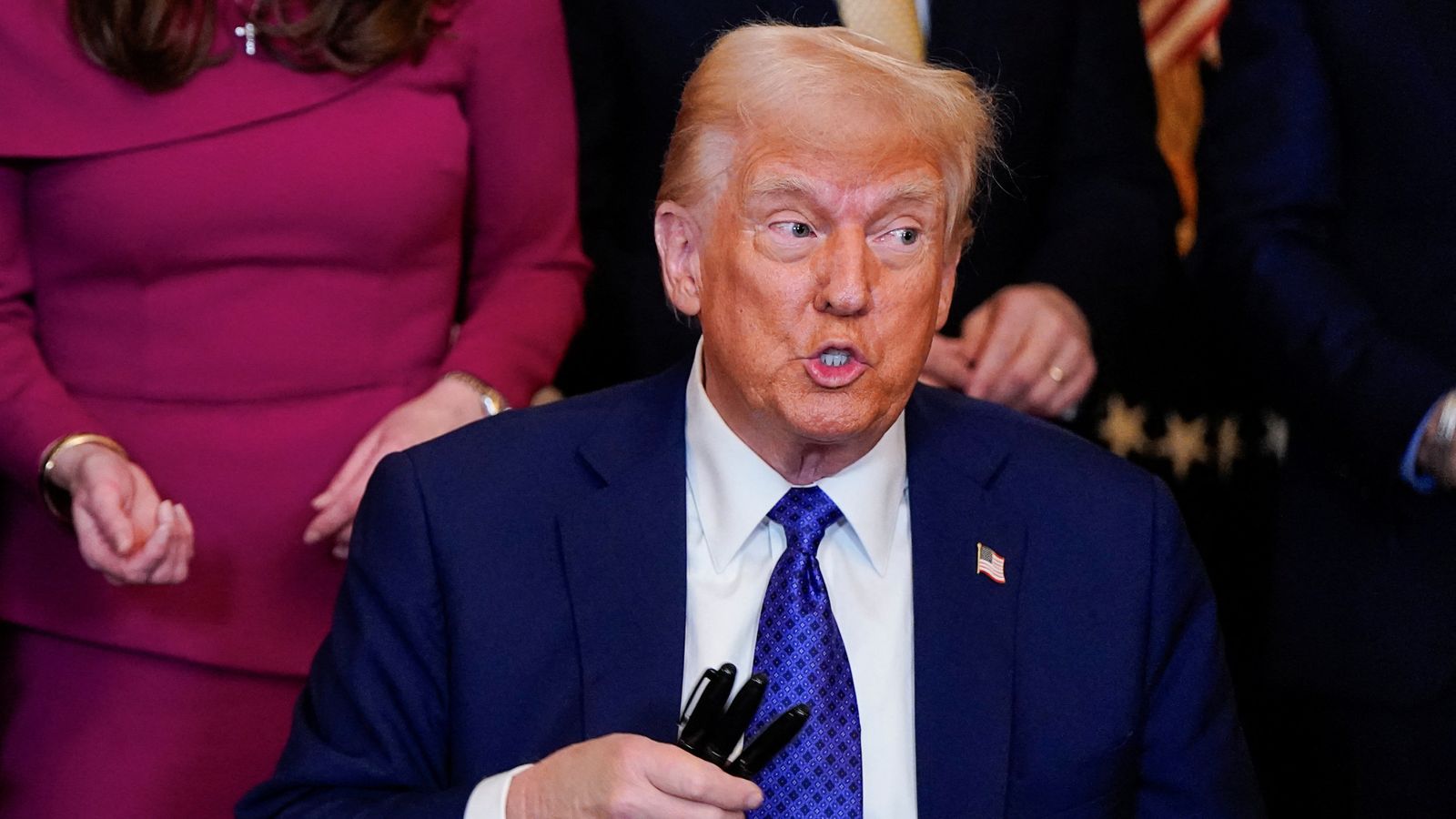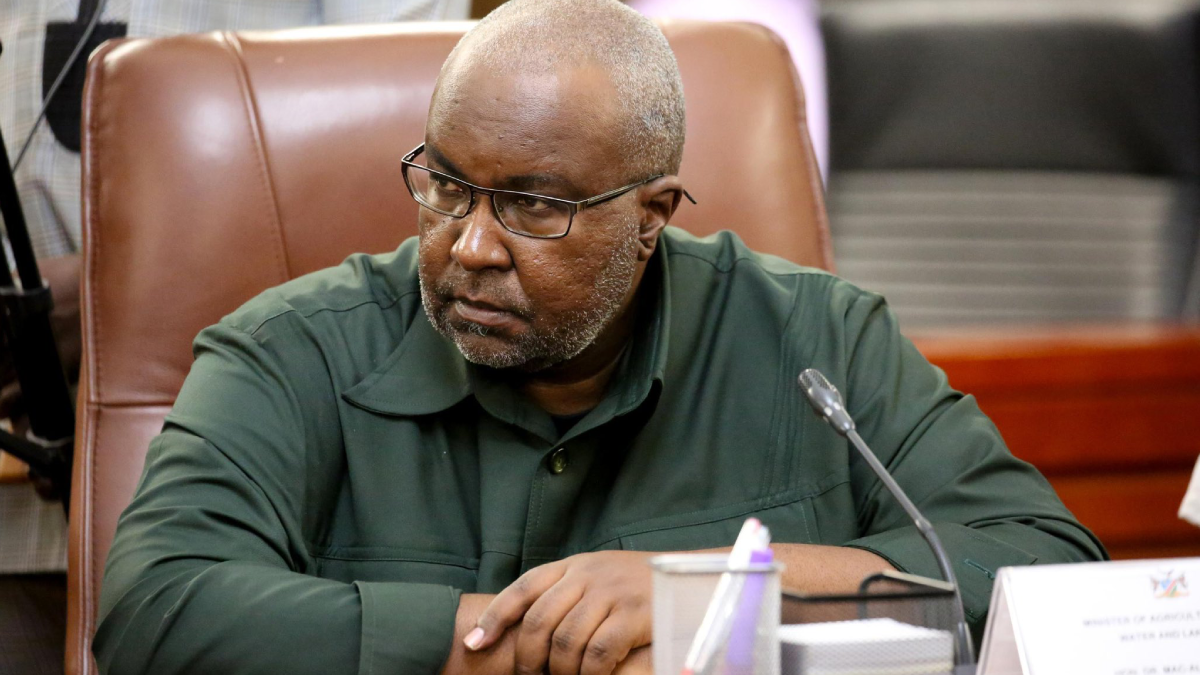The global trade landscape is bracing for turbulence as the United States, under President Donald Trump, announced sweeping new tariffs on imports from Canada, Mexico, and China.
The move, which includes a 25% levy on Canadian and Mexican goods and an additional 10% tax on Chinese products,
has sparked immediate backlash from the affected nations, each vowing to retaliate with their own tariffs.

Trump justified the tariffs as a response to concerns over illegal immigration and drug trafficking, key issues that defined his presidency.
The White House stated that the measures were necessary to hold these nations accountable for their roles in the flow of illegal drugs into the US.
However, the decision has drawn sharp criticism and promises of retaliation.
Canada, Mexico, and China have all pledged to respond in kind. Canadian Prime Minister Justin Trudeau announced matching tariffs of 25% on $155 billion worth of US goods, including beer, wine, and household appliances.
He emphasized that Canada did not seek this conflict but would not back down in defending its interests.
Similarly, Mexican President Claudia Sheinbaum dismissed allegations of her government’s ties to drug cartels as “slander” and instructed her economy minister to impose retaliatory tariffs and non-tariff measures.
China, which already faces existing tariffs from the US, expressed firm opposition to the new measures. While it has yet to announce specific retaliatory actions.
A spokesperson for China’s Washington embassy warned that “trade and tariff wars have no winners.”
Trade tarrifs
The ripple effects of these tariffs could be far-reaching.
Economists warn that consumers in all countries may face higher prices for everyday goods, from cars and steel to food and alcohol.
The US car manufacturing sector, in particular, could suffer as parts frequently cross borders between the US, Canada, and Mexico during production.
Despite the potential for economic disruption, Trump remains steadfast, suggesting he is prepared to escalate tariffs further if other nations retaliate.
The White House has framed the tariffs as a necessary step to address national security concerns, particularly the flow of fentanyl and other drugs into the US.
As the world watches, the implementation of these tariffs could mark the beginning of a new era of global trade wars, with significant consequences for economies and consumers alike.
The coming weeks will reveal whether diplomacy can prevail or if the world is headed toward a prolonged period of economic tension.











